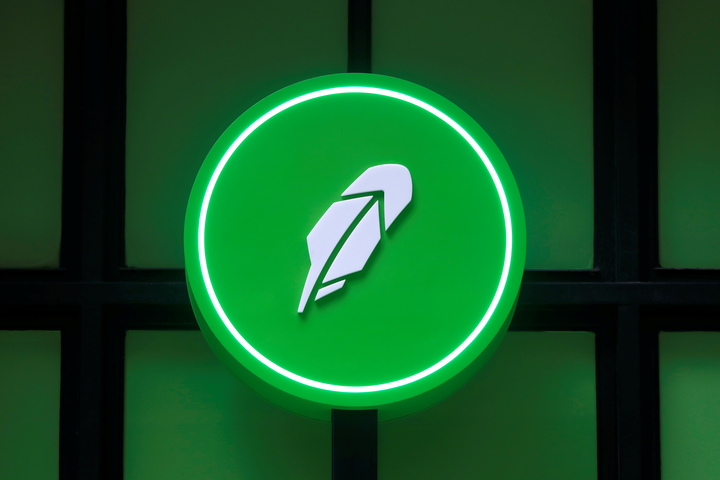Why did Robinhood Markets remove three crypto tokens?
Days after the U.S. securities regulator launched a crackdown against the major exchanges in the sector, Robinhood Markets said on Friday that it is withdrawing three cryptocurrency tokens from its platform.
On June 27, the online brokerage said that customers will no longer be able to trade Solana, Cardano, or Polygon using Robinhood.

The move by Robinhood was made in response to the SEC classifying these tokens as securities in its lawsuit against Binance and another complaint it filed the next day against Coinbase. It is clear that the SEC’s legal action is already having an impact on the cryptocurrency market.
Also Read: Final Fantasy VII Rebirth launches in early 2024
The operation of Binance.US and CEO Changpeng Zhao are the targets of the SEC’s lawsuit, which was filed on Monday. It makes 13 allegations against Binance, including that it engaged in a “web of deception,” fraudulently inflated trading volumes, misappropriated user cash, and claimed fake independence of the US corporation while actually being in control of it.
Meanwhile, the US branch of Binance has chosen to stop accepting deposits in dollars. The US Securities and Exchange Commission (SEC) is stepping up its campaign of repression against the bitcoin industry as these actions are being taken.
Binance.US, regarded as Binance’s independent partner, announced on Twitter on Thursday that its partner banks were getting ready to stop providing access to dollar withdrawal routes by June 13. After the SEC requested an asset freeze via a court order, the decision was made. Customers can withdraw their money till Tuesday.
Solana is a high-performance blockchain platform designed to provide fast and scalable solutions for decentralized applications. It utilizes a unique combination of technologies, including a proof-of-history (PoH) consensus mechanism and a proof-of-stake (PoS) consensus algorithm.
Solana aims to address the scalability limitations faced by other blockchain platforms, offering high throughput and low transaction fees. It has gained attention for its potential in supporting various applications, including decentralized finance (DeFi) and non-fungible tokens (NFTs).
Cardano is a blockchain platform that emphasizes security, scalability, and sustainability. It uses a proof-of-stake (PoS) consensus mechanism called Ouroboros, which aims to provide a secure and energy-efficient network.
Cardano is developed with a strong focus on academic research and aims to offer a robust infrastructure for decentralized applications and smart contracts. The platform aims to provide scalability through its layered architecture, with plans to introduce additional layers for governance and sidechains.
Also Read: Google AI to power virtual travel agent from Priceline
Polygon is a layer 2 scaling solution for the Ethereum blockchain. It aims to address the scalability issues of Ethereum by providing a framework for building and connecting scalable and interoperable blockchain networks.
Polygon utilizes various technologies, including sidechains, Plasma, and a PoS consensus mechanism, to enable faster and cheaper transactions while leveraging Ethereum’s security.
It offers developers the flexibility to create dApps with Ethereum compatibility while benefiting from the scalability and low fees provided by the Polygon network.

I am a law graduate from NLU Lucknow. I have a flair for creative writing and hence in my free time work as a freelance content writer.